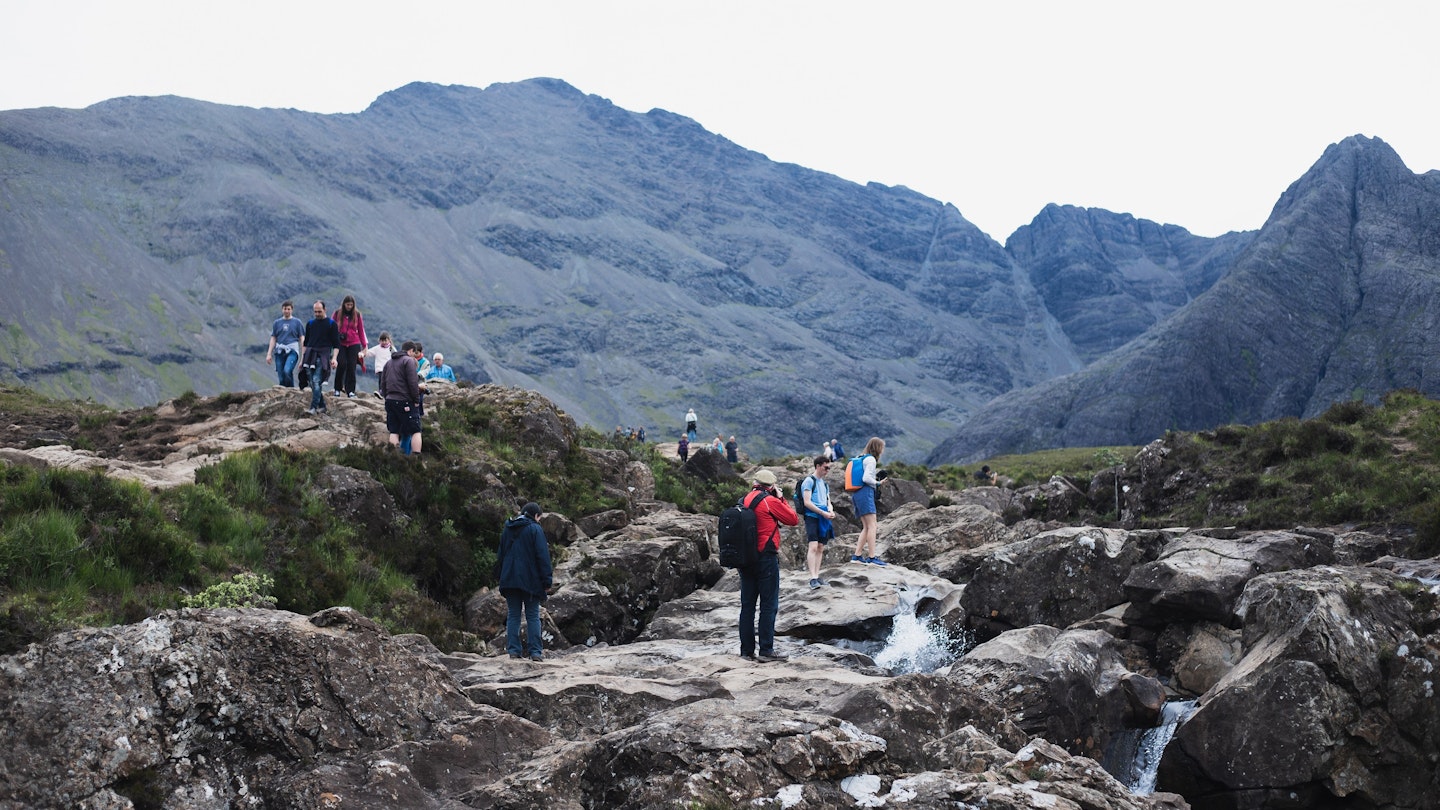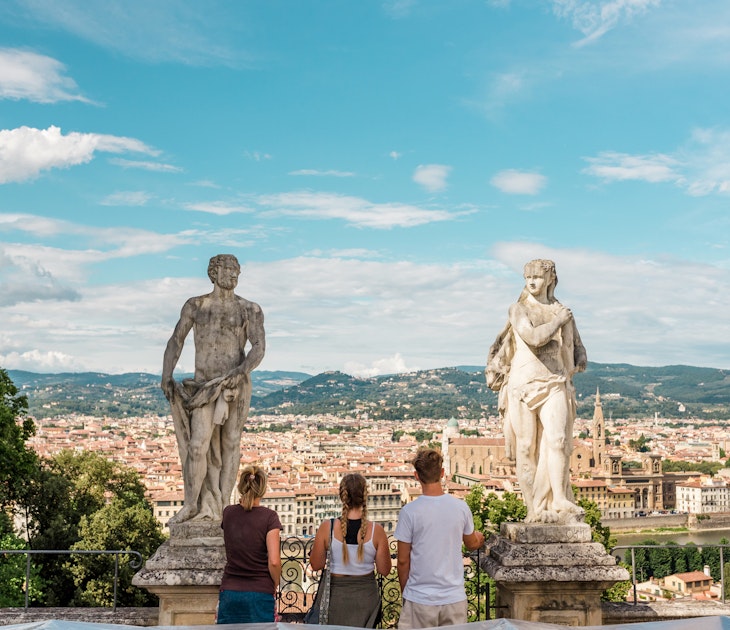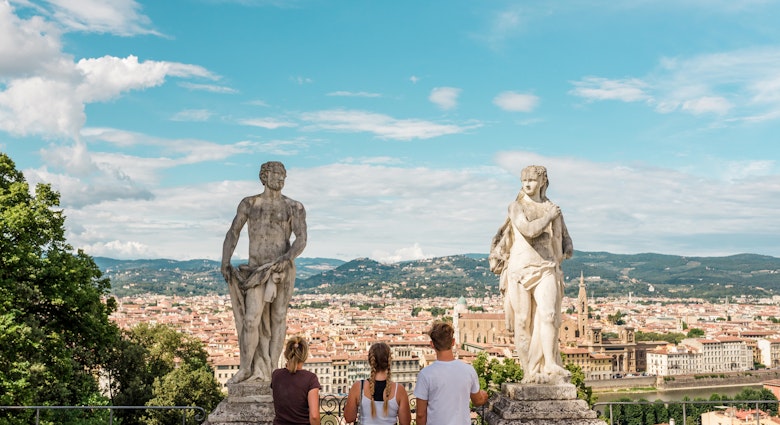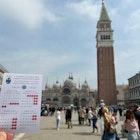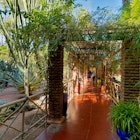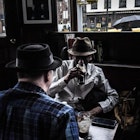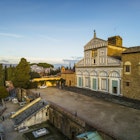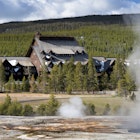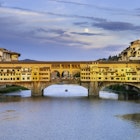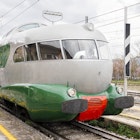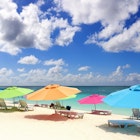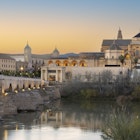So your town has been geotagged into oblivion on Instagram and the social media influencers are on the march. Watch out for the crowds, wave goodbye to a speedy commute, and prepare for the drive-by Instagram shooters. Here’s everything that’s going to happen next.
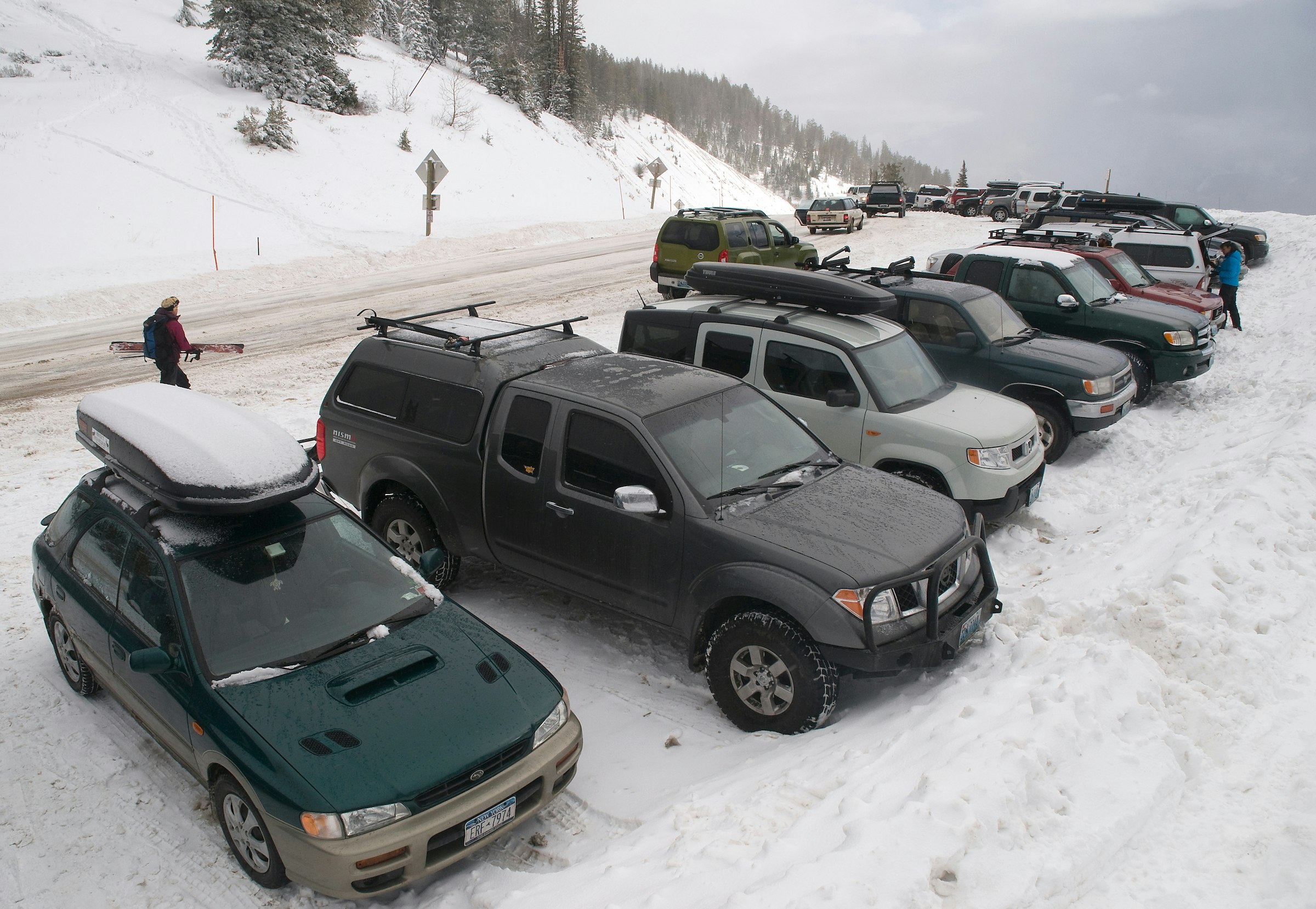
The power of geotagging
Brad Boner has lived and worked in Jackson Hole for the last 15 years, and never had any issues visiting his favourite nature spots. Until about eight years ago, when things started to change.
"There was a definite shift," he recalls. "Just a sharp and noticeable increase in tourism and traffic." Now, as a result of the enormous popularity of Wyoming’s Jackson Hole, for outdoor adventurists both internationally and across the country – even spots known only to a select coterie of locals are now public knowledge. Take the Teton Pass, for example: Boner used to ski the mountain pass regularly. Now, it’s too crowded with out-of-towners. "I find other places to go skiing," he says.
So what happens when Instagram puts your town firmly on the (geotagged) map? Experts and locals who’ve experienced the phenomenon weigh in.
Your commute will take longer
"The roads become more busy, there’s more traffic on the road," explains Henrik Micski, project officer for Minginish community group in the Isle of Skye. He first noticed the wave of intense tourism – driven by social media – in 2013. During the high season, which runs roughly from April to September, Micski has to leave extra time to get to his destination. "If I’m having a meeting on another part of the island, I’ll add 10 minutes onto my journey time for the traffic."
Skye’s winding, single-track roads can also become a congested nightmare during the crowded tourist months. "Some places are not built to take the amount of cars that are on the roads at this time of year," Micski warns. "Even if you understand passing places, if there’s a queue of five or six cars, it can take a while."
Be patient, Micski suggests. "A percentage of tourists are not used to driving on the left, or single track roads. You have to be patient. Some of them will struggle, and you need to bear that in mind."
Prepare for drive-by Instagram shootings
"Drive-by tourists come and go," says Elizabeth Becker, author of Overbooked: The Exploding Business of Travel and Tourism. "They take their photos for Instagram, have a coffee, and maybe go to a chain restaurant for a meal."
These tourists reverse-engineer their lives to supercharge their social media likes. "It’s tourism on steroids," sighs Becker. "The speed is crazy. They’re happy to be in a place for a couple of hours – their turnover is fantastic – to the point where you can’t cross bridges in Prague, and you can forget about taking a look at the panda bears in China."
Tourist boards are trying to subvert this trend towards Instagram drive-bys by encouraging tourists to spend more time in their destination, rather than shipping out once they’ve got the shot they came for. "There’s a big push through Skye's tourism organisation, with its Skyetime campaign, to get people to say for longer," says Micski. "None of this in-and-out."
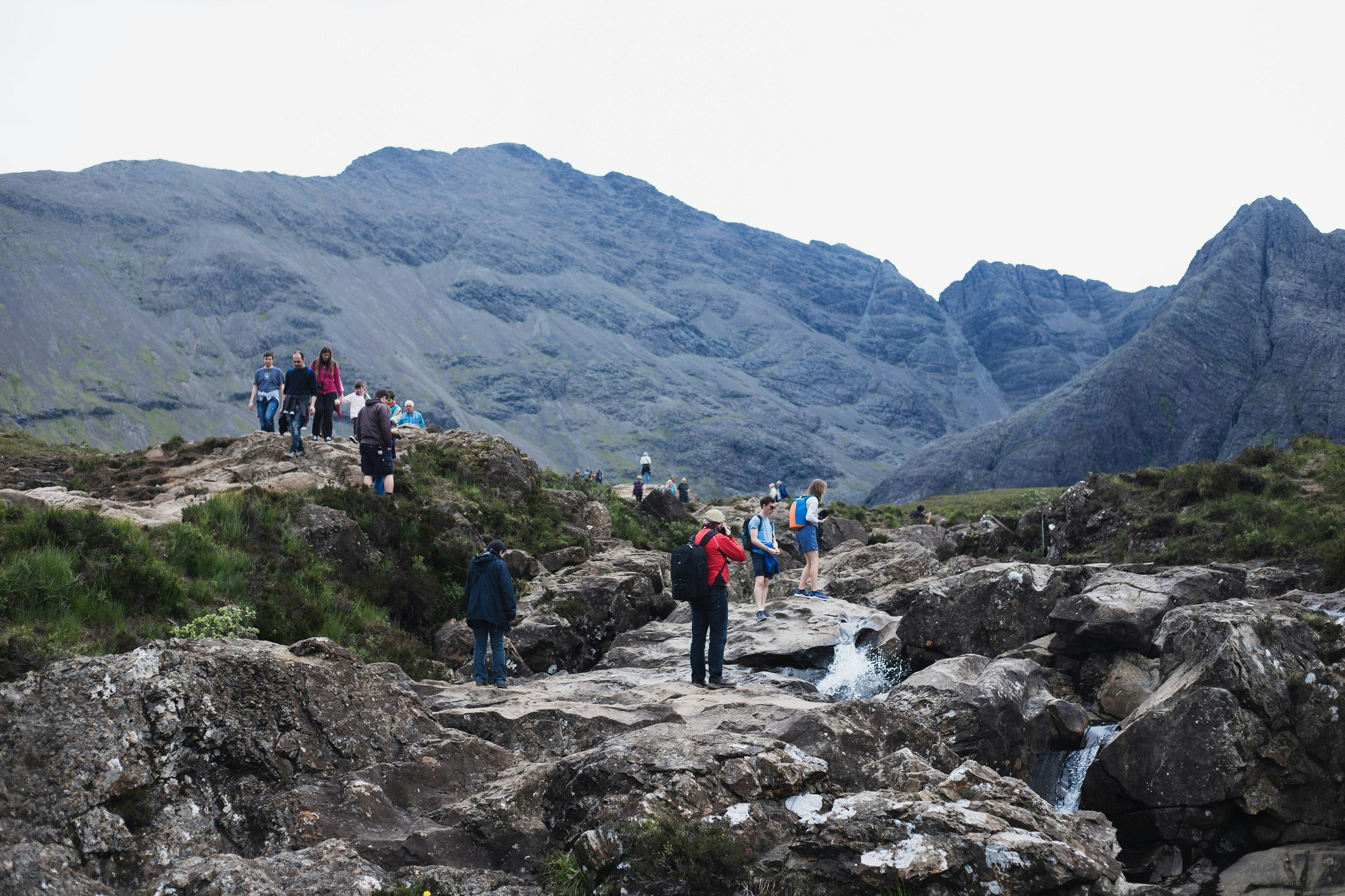
Forget about visiting the top tourist attractions
There was a time when people went on holiday to unwind – and if they got a few nice photos out of it, that was an added bonus.
Those days are long past. "Instagram is like a drug," says Becker. She references the scrums of people who crowd around tourist hotspots, zombie-like in their pursuit of that perfect Instagram shot. Sometimes, the pursuit is fatal. "Tourists are falling to their death in the Grand Canyon, trying to get selfies," Becker says. "There are now places that outlaw selfie sticks."
Micski agrees: "Unfortunately, Skye is one of those places with the big three or four destinations that people go to, take a picture of, and then away they go," he says. "People do the Old Man of Storr, Quiraing, and the Fairy Pools."
But you can’t even rely on tourists hitting up the leading landmarks, and leaving the rest of the place for the locals to enjoy. With geotagging, there are no secrets anymore: everywhere is fair game. "Delta Lake is a perfect example," sighs Boner. "It used to be this off-the-map destination hike that was kind of quiet, and now it’s really exploded. If you search Instagram for Delta Lake, you just get hundreds of results. Because the trail isn’t maintained by the park service, it’s eroded to the point where it’s now in really poor condition."

The authorities will struggle to keep up
"If you’re someone in charge of this town, you’re going to see a lot more garbage expenses that are not paid for, warns Becker." As this is mass tourism, you probably won’t be getting as much revenue per person, and you won’t get anywhere near enough tax for these people."
People will get injured – especially if it’s an outdoor sports town. "The towns have to absorb significant medical costs," Becker says. "Tourists think if they’re injured, the locality should pay for it. They’re appalled if they have to pay."
Your housing sector will be affected too. "People who normally rent out their houses or apartments for the year will say, 'I can make that much money in a few weeks on AirBnb,'" Becker goes on, "so the locals who depend on those liveable rents will be out of a house. People who own store fronts will ask themselves, 'why do I have a butcher shop, when if I sold souvenirs, I’d make more money?’" Even the menu at your local brunch spot may be affected, says Becker. "One restaurant in Lisbon I visited said, 'We had to put avocado toast on the menu.’"
Some people will be really unlucky – and resentment will build
Spare a thought for the community around Glen Brittle. Before a car park was built near the entrance to the world-famous Fairy Pools, the residents of nearby Glen Brittle would literally find themselves penned in. "They really suffered," says Micski. "Before the car park was built, everyone was parking on the road. They couldn’t drive in and out of the village."
When tourists are impinging upon your day to day life so heavily, it’s inevitable that some people will grow resentful. But most people get over it. "Skye has always been a tourist destination," Micski says.
Locals will unite to take back control of their town
The community will begin to organise against the impact of mass tourism. "At some stage, people say, 'who’s getting wealthy off this tourism – are we?’" Becker says. "'Whose lives are being misshaped? It’s us. We’re carrying this burden.'” She references cities like Amsterdam, Barcelona, and Venice, which have all recently instituted measures designed at calming the disruption caused by mass tourism, whether through taxes or restrictions on the times that cruise ships can dock at their ports. Simpler things can also make life more bearable for locals. "In Florence, churches are wetting the steps of the cathedral so people don’t sit there and eat lunch, or closing during weddings because tourists come in and talk, talk, talk."
And with change, comes innovation. Boner is optimistic about the new efforts from the tourism authorities to encourage more responsible hash-tagging. "The Stay Wild campaign encourages people to hashtag better," says Boner. "So there’s a hashtag on Instagram that says, tag responsibly and keep Jackson Hole wild. It’s just a general tag that’s right in the middle of Jackson Hole. It’s been neat to see the rise in people using that generic hashtag."
So the next time you stumble across a beautiful place whilst out on a hike or wandering through a town, consider putting away your camera, savouring the experience, and resisting the urge to geotag.
You might also like:
The destinations that will be all over your Instagram feed this year
Make the most of your travel with sightseeing tours and activities from our trusted partners.
